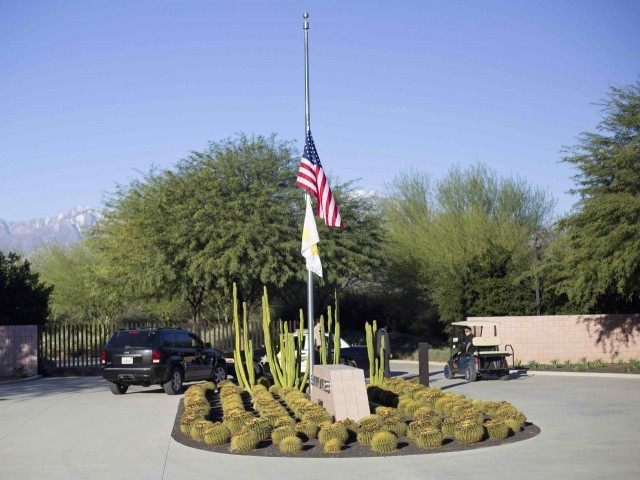On Monday, President Barack Obama hosted members of the Association of Southeast Asian Nations (ASEAN) for the start of a two-day summit at the scenic Sunnylands retreat in Rancho Mirage.
Their agenda includes counterterrorism, maritime security and regional and economic trade issues. The summit is the first of its kind, and is largely seen as a a means of developing a strategy to counter China’s hegemonic growth in the region.
“The White House sees Sunnylands as very special treatment … where the president of the United States is leaving Washington and he’s going to spend two full days exclusively focused on these leaders and these individuals,” Murray Hiebert, who studies Southeast Asia at the Center for Strategic and International Studies, told the Associated Press.
Leaders from Indonesia, Malaysia, the Philippines, Singapore, Thailand, Cambodia, Vietnam, Brunei, Laos and Myanmar will be in attendance to represent the organization they helped create in 1967.
The AP notes that while many of the ASEAN leaders would have preferred to have been invited to the White House, since they have never visited Washington, “the range of political systems — from open democracy to one-party rule — and the checkered human rights records among member countries” makes the Sunnylands the optimal destination for the summit as it places a distance between those nations and the democratic values the White House represents.
For Obama, the Sunnylands is his version of a “Western White House,” and the equivalent of President George W. Bush’s Texas ranch, where the 43rd commander in chief would host world leaders and foreign counterparts in a more comfortable, casual setting.
He met with King Abdullah II of Jordan–a key U.S. ally in the turbulent Middle East–at Sunnylands in February of 2014 and with Chinese President Xi Jinping in June of 2013. China will not be represented at the summit as it is not an ASEAN member.
Obama will likely use the meeting to deepen U.S. relations with Singapore, Thailand and Vietnam; three strategic U.S. allies in the region and as an extension of his administration’s 2012 “Pivot to Asia” regional strategy.
As China’s emergence as a regional hegemonic power continues, it has been suggested that the country perceives the strategic diplomatic ties the U.S. has developed with nations located near its borders as part of an alleged “China containment policy.”
Growing tensions in the South China Sea have prompted a greater U.S. presence in the region, including the deployment of a U.S. spy plane off the island of Singapore in December.
The AP notes that the late Walter and Leonore Annenberg, who built Sunnylands, had hoped the 200-acre property would become the “Camp David of the West.” One of the big draws for the president, an avid golfer, is the retreat’s lush, beautiful golfing range.
Follow Adelle Nazarian on Twitter @AdelleNaz.

COMMENTS
Please let us know if you're having issues with commenting.